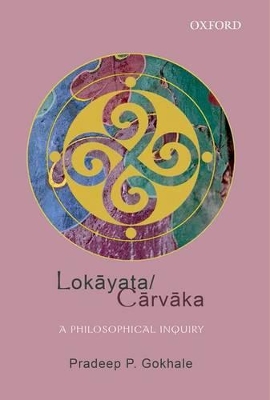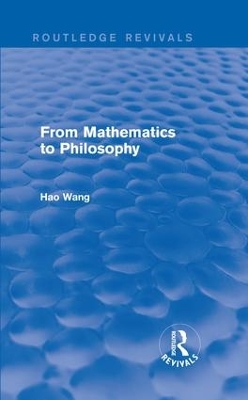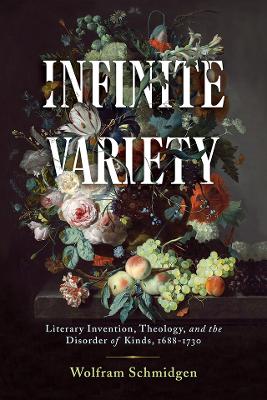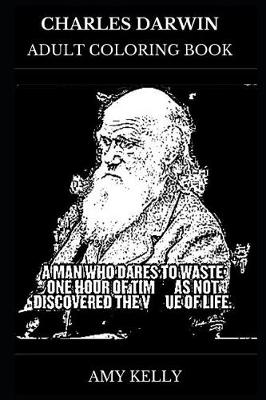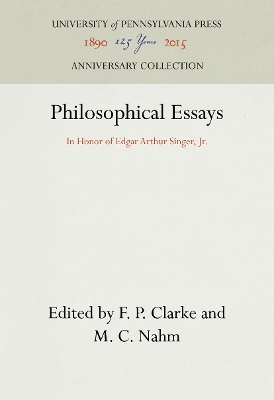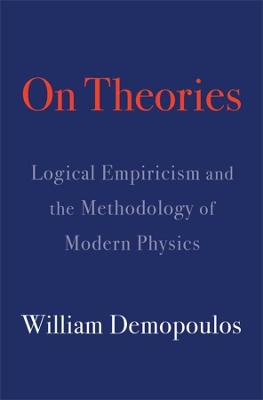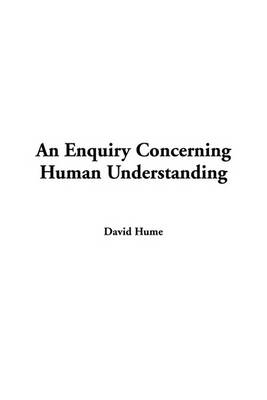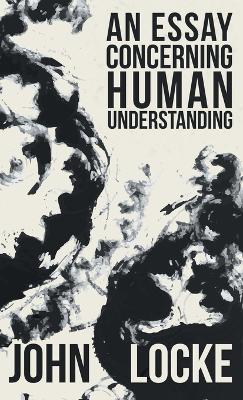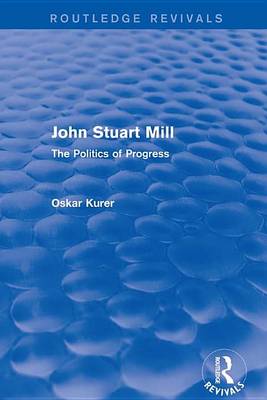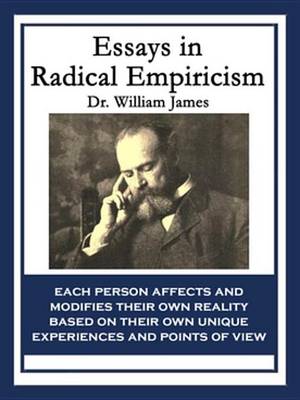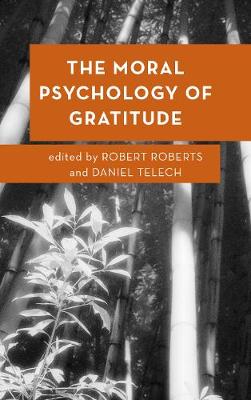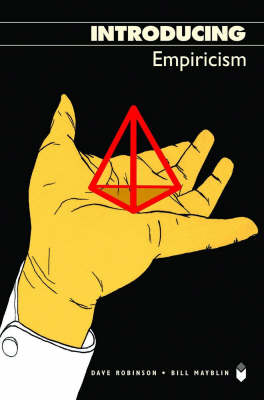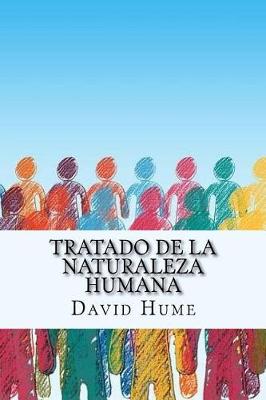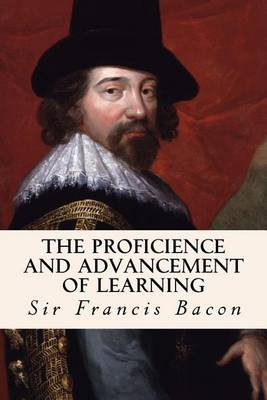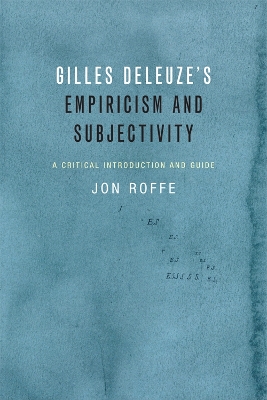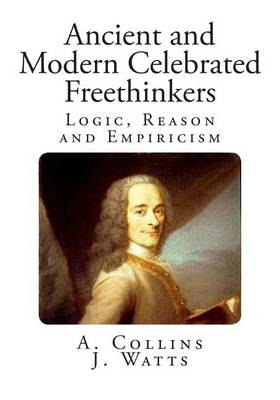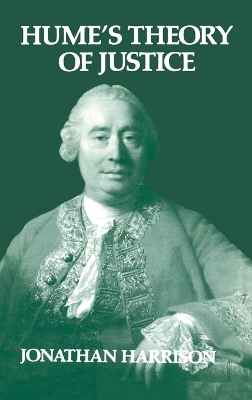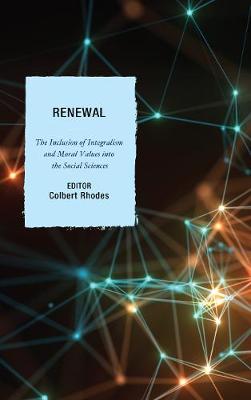Philosophy in the Indian tradition is often believed to be essentially religious in character. Even schools like Nyaya and Buddhism correlate their logic and epistemology with a transcendent religious goal. Yet, there exists a purely secular and rational exercise within the Indian philosophical traditionsthe Lokayata/Carvaka school of philosophy. Owing to a lack of substantial literary sources, Lokayata has received only scant attention from scholars till now. This book is the first attempt to...
From Mathematics to Philosophy (Routledge Revivals) (Routledge Revivals)
by Hao Wang
First published in 1974. Despite the tendency of contemporary analytic philosophy to put logic and mathematics at a central position, the author argues it failed to appreciate or account for their rich content. Through discussions of such mathematical concepts as number, the continuum, set, proof and mechanical procedure, the author provides an introduction to the philosophy of mathematics and an internal criticism of the then current academic philosophy. The material presented is also an illust...
Unnerved by the upheavals of the seventeenth century, English writers including Thomas Hobbes, Richard Blackmore, John Locke, Jonathan Swift, and Daniel Defoe came to accept that disorder, rather than order, was the natural state of things. They were drawn to voluntarism, a theology that emphasized a willful creator and denied that nature embodied truth and beauty. Voluntarism, Wolfram Schmidgen contends, provided both theological framework and aesthetic license. In Infinite Variety, he reconstr...
Charles Darwin Adult Coloring Book (Charles Darwin Books, #0)
by Amy Kelly
A renowned philosopher's final work, illuminating how the logical empiricist tradition has failed to appreciate the role of actual experiments in forming its philosophy of science.The logical empiricist treatment of physics dominated twentieth-century philosophy of science. But the logical empiricist tradition, for all it accomplished, does not do justice to the way in which empirical evidence functions in modern physics.In his final work, the late philosopher of science William Demopoulos conte...
An Enquiry Concerning Human Understanding (Oxford Philosophical Texts) (Oxford Philosphical Texts)
by David Hume
How do we come to have ideas about the world and about the relationships of objects we perceive therein? Is all impressed upon the senses from outside or does the human mind have a significant role to play in how such concepts as "causality," "probability," "necessity," "contingency," "miracles," and others are to be understood? If so, what is the nature and extent of that role? In this classic work of early modern epistemology, Hume offers important insights about how we come to understand and...
The Deleuze Connections (The Deleuze Connections) (The MIT Press)
by John Rajchman
This book is a map of the work of Gilles Deleuze -- the man Michel Foucault would call the "only real philosophical intelligence in France." It is not only for professional philosophers, but for those engaged in what Deleuze called the "nonphilosophical understanding of philosophy" in other domains, such as the arts, architecture, design, urbanism, new technologies, and politics. For Deleuze's philosophy is meant to go off in many directions at once, opening up zones of unforeseen connections be...
An Essay Concerning Human Understanding (America's Heritage, #5) (Clarendon Edition of the Works of John Locke)
by John Locke
A scholarly edition of Essay Concerning Human Understanding by P. H. Nidditch. The edition presents an authoritative text, together with an introduction, commentary notes, and scholarly apparatus.
John Stuart Mill (Routledge Revivals) (Routledge Revivals) (Political Theory and Political Philosophy)
by Oskar Kurer
First published in 1991, this book attempts to deal with Mill’s thought as a coherent system and tie some elements of his thoughts together. It seeks to show that he developed a set of ethical principles to underlie government intervention and provide a theory as to how it should intervene — which he then applied to practical politics. The first chapters deal with Mill’s doctrine of improvement and what impact the improvement of man has on the social organisation of society. The third chapter de...
J.S. Mill (Routledge Revivals) (Routledge Revivals) (Author Guides)
by Alan Ryan
First published in 1974. As logician, economist, political theorist, practical politician and active champion of social freedom, John Stuart Mill is a figure of continuing importance. In this book the author does full justice to the range of Mill's achievements, providing an introductory guide to his most important and best known writings including Autobiography, A System of Logic, Utilitarianism, Liberty, and The Subjugation of Women. In their treatment of his works, the author seeks to emphasi...
Finnish philosopher Eino Kaila wrote a classic statement of logical empiricism. Having experienced the foundational debates of the Vienna Circle in 1929, Kaila was a keen follower of the further developments of the Circle. His synoptic presentation and analysis of the basic themes, or "theses," of the movement was based on his lectures as professor of theoretical philosophy at the University of Helsinki. The work appeared as a book in Finnish in 1939 and a Swedish translation by Georg Henrik von...
The Moral Psychology of Gratitude (Moral Psychology of the Emotions)
Expressions of gratitude abound. Hardly a book is published that does not include in its preface or acknowledgments some variation on, "I am grateful to...for..." Indeed, most achievements come to be only through the help of others. We value the benevolence of others, and when we-or our loved ones-are the recipients of benevolence, our emotional response is often one of gratitude. But, are we bound to the requirement of 'repaying' our benefactors in some way? If we are, and there are-as ordina...
Our knowledge comes primarily from experience. But is experience really what it seems? Is it reliable? Empiricist philosophers accept a 'commonsense' view of the phenomena we observe and yet conclude that all we can ever know are 'ideas'. Physical reality may not exist at all! The experimental breakthroughs of Kepler, Galileo and Newton - a radical new outlook in 17th-century science - informed this great British tradition in philosophy. Introducing Empiricism outlines the arguments of Locke, Be...
Die Begrundung Des Realen (Quellen Und Studien Zur Philosophie, #147)
Jon Roffe shows how Empiricism and Subjectivity is the precursor for some of Deleuze's most well-known philosophical innovations. For those already familiar with Deleuze, he emphasises its novelty within his corpus. And, for all readers, he shows how it outlines Deleuze's powerful and striking theory of subjectivity, and of philosophy itself. Empiricism and Subjectivity is Gilles Deleuze's first book, and yet it is infrequently read and poorly understood. In fact, it constitutes a unique project...
Ancient and Modern Celebrated Freethinkers (Old Freethinkers)
by J. Watts and A Collins
A fascinating exploration of various freethinkers throughout history, including Thomas Hobbes, Shelley, Hume, Voltaire, Paine, Epicurus, Spinoza, Blount, Toland, and many more.
This book offers the first extended comparison of the philosophies of Gilles Deleuze and David Hume. Jeffrey Bell argues that Deleuze's early work on Hume was instrumental to Deleuze's formulation of the problems and concepts that would remain a focus of his entire corpus. Reading Deleuze's work in light of Hume's influence, along with a comparison of Deleuze's work with William James, Henri Bergson, and others, sets the stage for a vigorous defence of his philosophy against a number of recent c...
A Treatise of Human Nature was published between 1739 and 1740. Book I, entitled Of the Understanding, contains Hume's epistemology, i.e., his account of the manner in which we acquire knowledge in general, its justification (to the extent that he thought it could be justified), and its limits. Book II, entitled Of the Passions, expounds most of what could be called Hume's philosophy of psychology in general, and his moral psychology (including discussions of the problem of the freedom of the...
Renewal
Offering a deep look into the moral uncertainty in the contemporary social sciences and American society, this book explores an in-depth solution. This solution, as articulated by Pitirim A. Sorokin in the 20th century, is the theory of Integralism; a perspective dating back to Plato, Aristotle and Aquinas. Sorokin initially applied Integralism by locating and analyzing three dominant super socio-cultural systems over 2500 years of Graeco-Roman and Western history. Each super system was unified...

